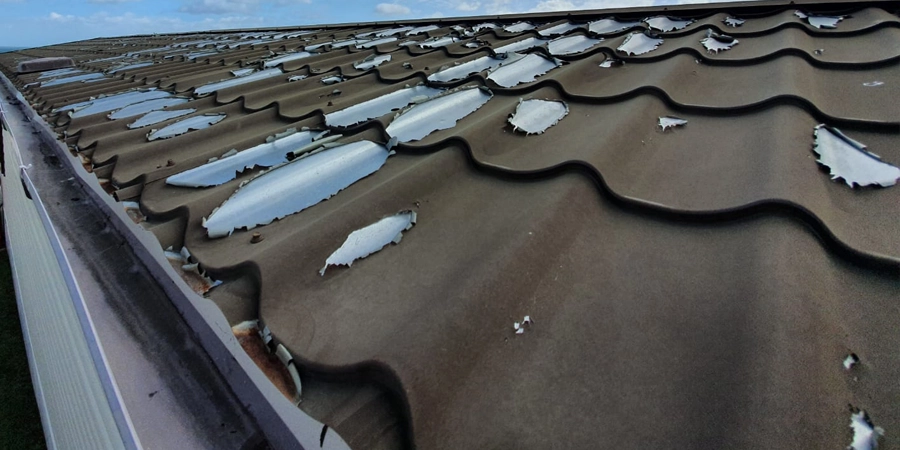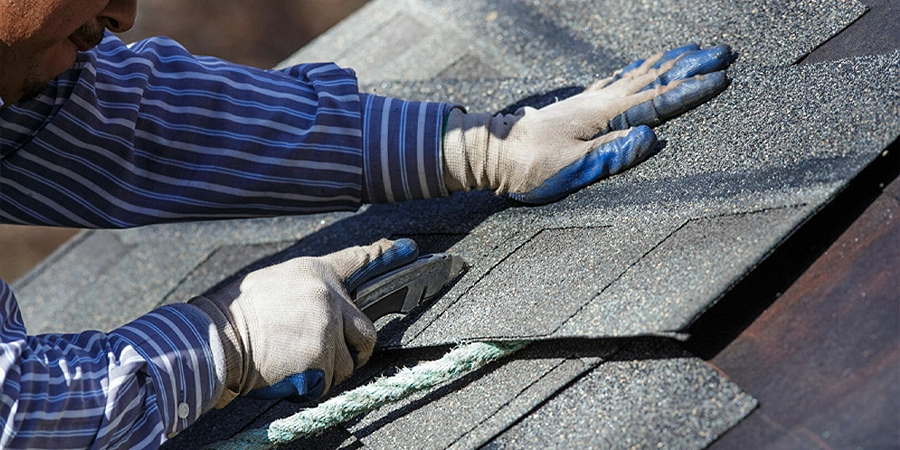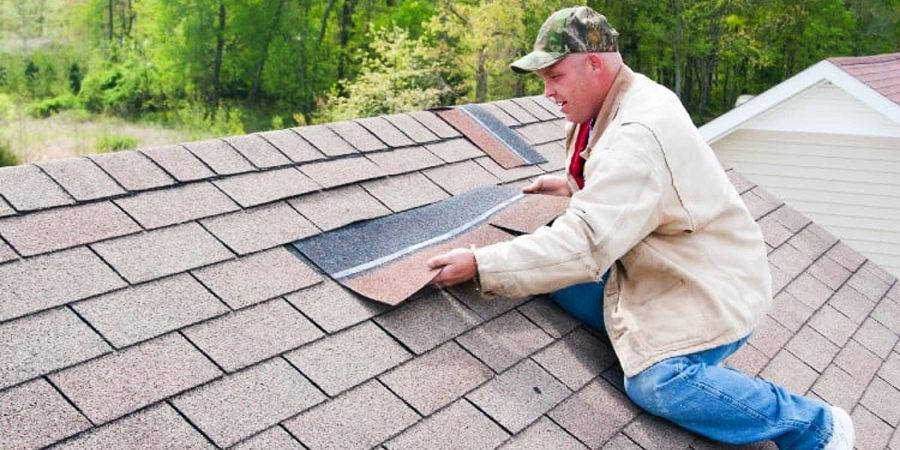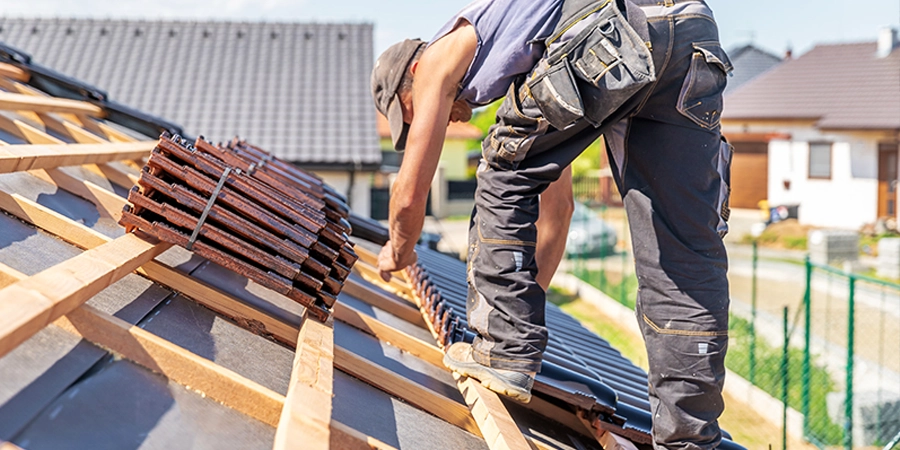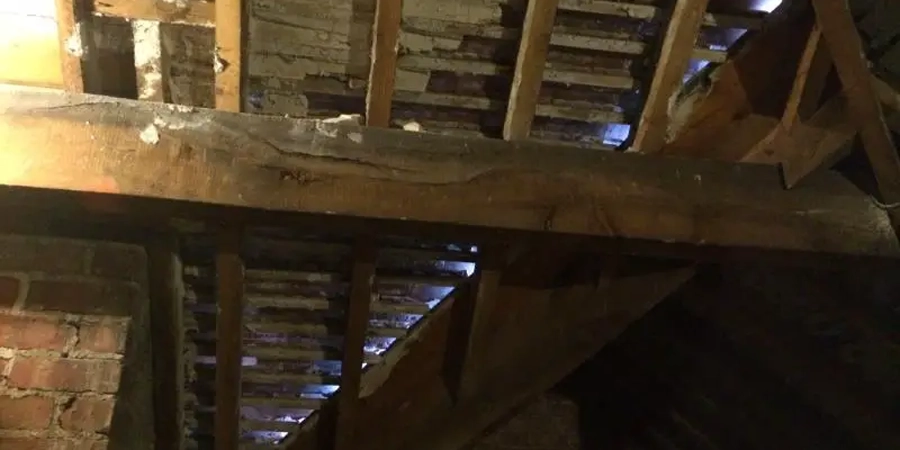What Should A Roofing Contract Include?
Comprehensive Guide to Roofing Contracts
A well-structured and sturdy roof is essential for protecting your home and its occupants from the elements. Whether you’re building a new house or repairing an existing roof, entering into a roofing contract is a crucial step to ensure that the project is completed successfully and to your satisfaction. A roofing contract outlines the terms, conditions, and expectations of the project, providing you with a legal agreement that protects both you and the roofing contractor. In this comprehensive guide, we will delve into the key elements you should look for in a roofing contract to ensure a smooth and successful roofing project.
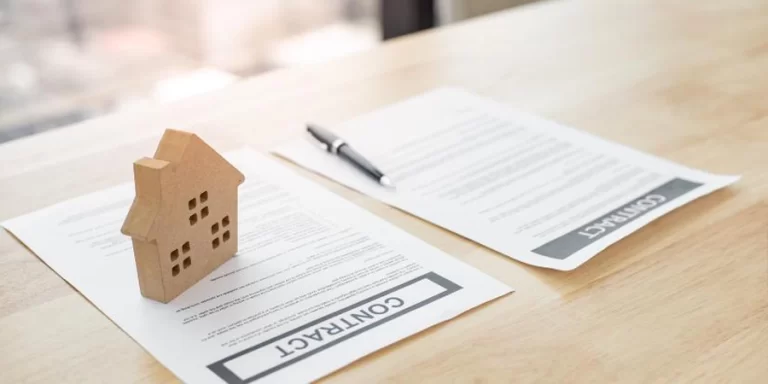
Roofing Contract Basics:
- Detailed Project Description
- Timeline and Milestones
- Payment Terms
- Warranty and Guarantees
- Permits and Regulations
- Cleanup and Debris Removal
- Change Orders
- Insurance and Liability
- Dispute Resolution
- Signatures and Acknowledgments
1. Detailed Project Description
A well-drafted roofing contract should start with a comprehensive project description. This section should outline the scope of work to be performed, including details about the type of roofing materials to be used, the extent of repairs or replacements, and any additional services such as roof deck repair, flashing replacement, or gutter installation. The more detailed this section is, the fewer chances of misunderstandings or disputes later in the project.
2. Timeline and Milestones
Clear timelines and milestones are essential to track the progress of the roofing project. The contract should specify the project’s expected start and completion dates. It’s also a good idea to include interim milestones, such as when certain phases of the project will be completed, to help ensure that the project stays on track.
3. Payment Terms
The payment terms section of the contract should outline the total cost of the project, including a breakdown of expenses such as labor, materials, permits, and any additional charges. This section should also specify the payment schedule, including the amount due upfront, progress payments, and the final payment upon completion. Be wary of contractors who request a large upfront payment before any work has begun, as this can be a red flag.
4. Warranty and Guarantees
A reputable roofing contractor should offer warranties on both materials and workmanship. The contract should clearly state the length and coverage of these warranties. Ensure that the contract specifies what actions will be taken in case of defects or issues arising from the roofing work after completion. A well-established contractor should stand behind their work and offer a reasonable warranty period.
5. Permits and Regulations
Roofing projects often require permits from local authorities. The contract should outline which party is responsible for obtaining these permits. Additionally, it should highlight that the work will be carried out in compliance with all relevant building codes and regulations. This helps ensure the safety and legality of the project.
6. Cleanup and Debris Removal
Roofing projects can create a substantial amount of debris. A good contract should address the cleanup and debris removal process after the work is completed. The contract should specify that the contractor is responsible for removing all construction debris and restoring the site to its original condition.
7. Change Orders
During the course of a roofing project, unexpected issues or changes in design might arise. The contract should include a provision for change orders, which outline the process for making modifications to the original project scope. This could involve additional costs or adjustments to the project timeline. A well-structured change order process helps prevent disputes and ensures transparency in case of alterations.
8. Insurance and Liability
A reputable roofing contractor should have adequate insurance coverage, including general liability insurance and workers’ compensation insurance. The contract should clearly state the insurance coverage the contractor holds. This helps protect you from potential liabilities and ensures that you won’t be held responsible for any accidents or damages that occur during the project.
9. Dispute Resolution
In the unfortunate event of a dispute between you and the contractor, a well-drafted contract should include a dispute resolution clause. This clause outlines the steps that both parties will take to resolve conflicts, potentially avoiding costly legal proceedings. Mediation and arbitration are common methods of dispute resolution that can be outlined in the contract.
10. Signatures and Acknowledgments
A roofing contract is a legally binding document, and both parties should sign it to indicate their agreement to the terms and conditions outlined. Ensure that all parties involved have a copy of the signed contract for their records.

Entering into a roofing contract is a critical step in ensuring the success of your roofing project. A comprehensive and well-structured contract protects your interests and provides a clear roadmap for the project’s execution. By carefully reviewing and considering the key elements outlined in this guide, you can enter into a roofing contract with confidence, knowing that your home will be in safe hands, and the final result will meet your expectations. Remember, a transparent and detailed roofing contract sets the foundation for a positive working relationship between you and the roofing contractor.


















